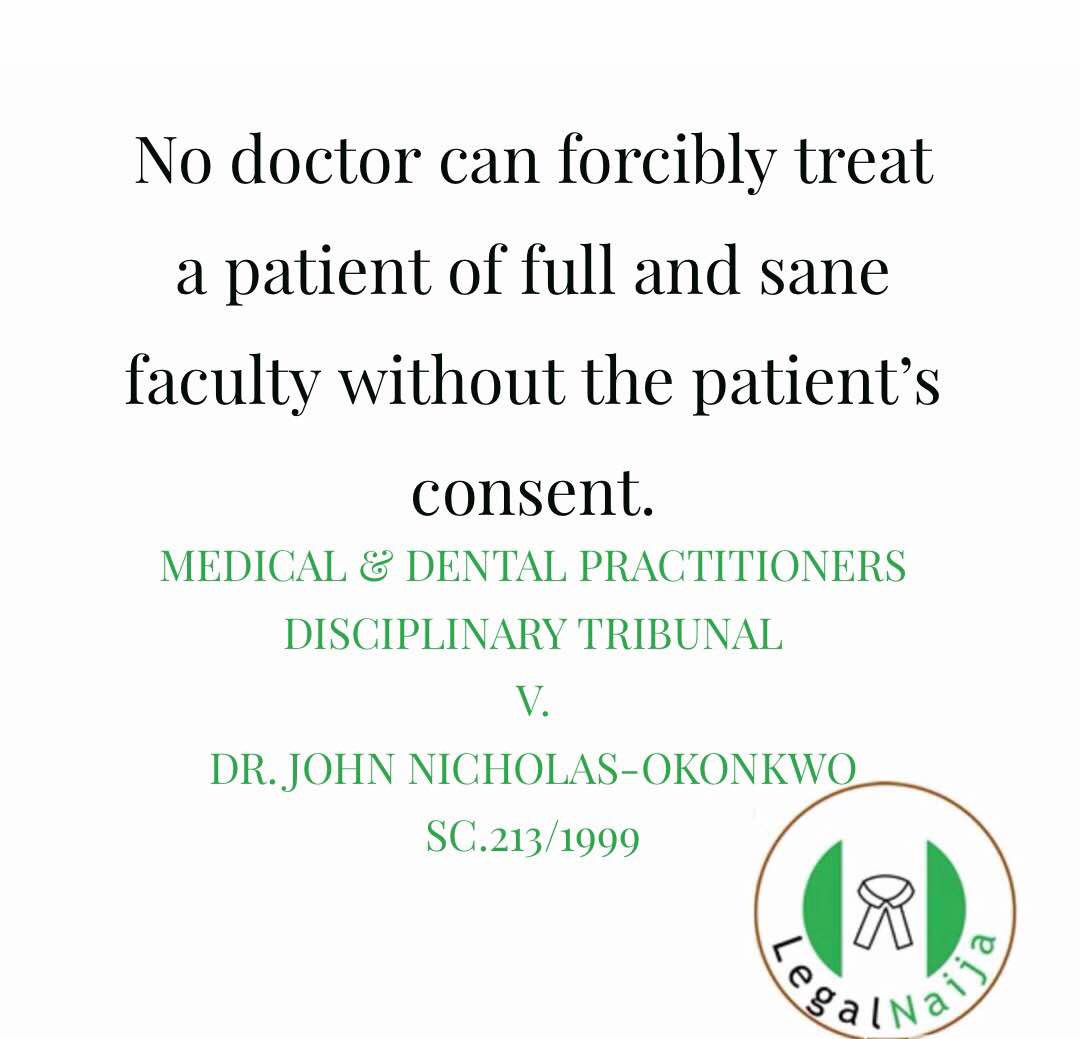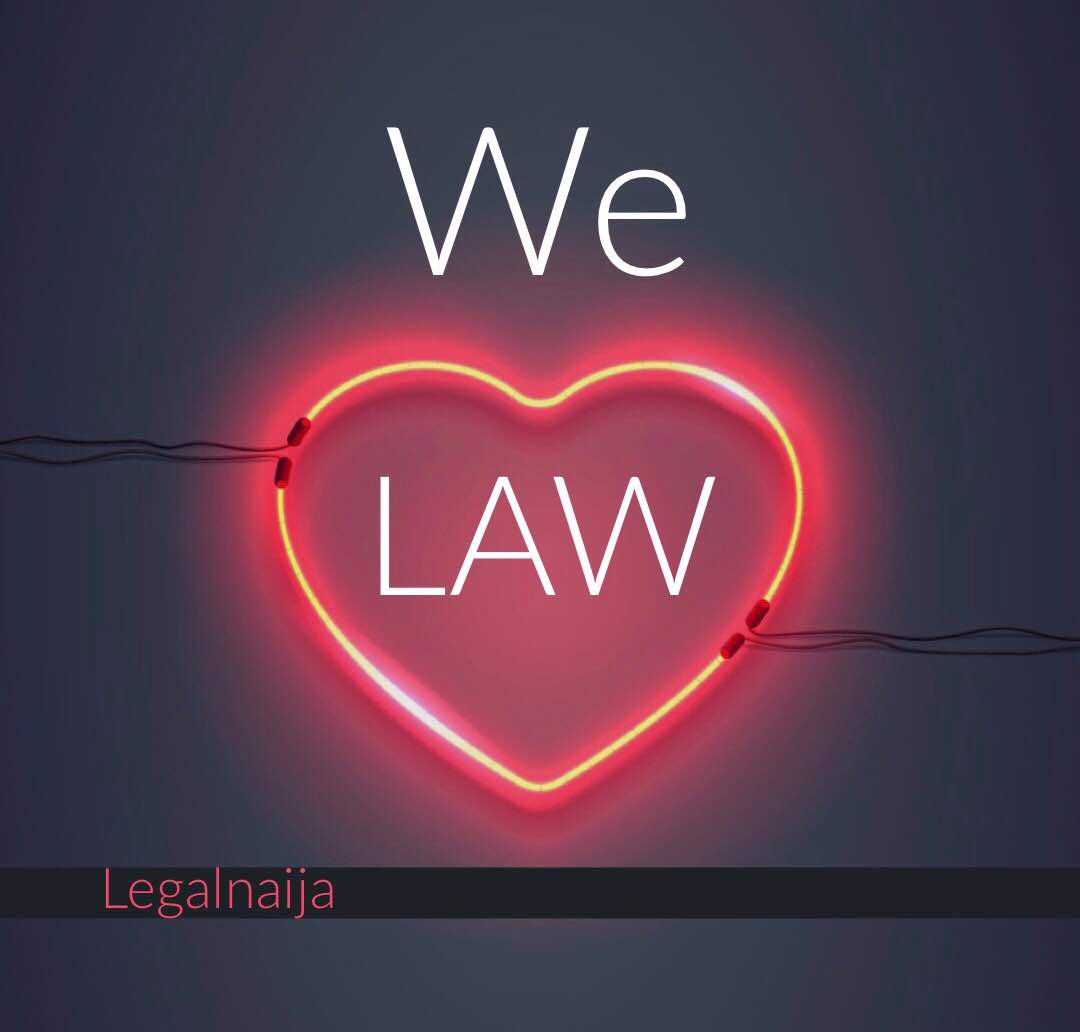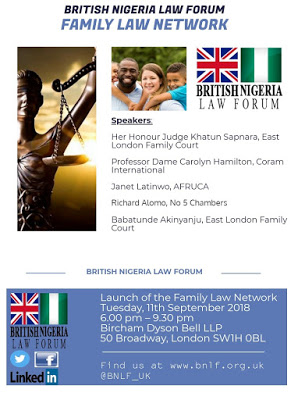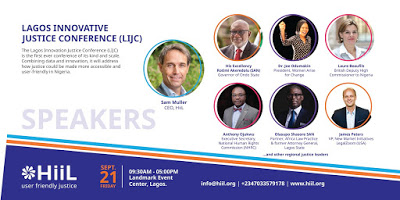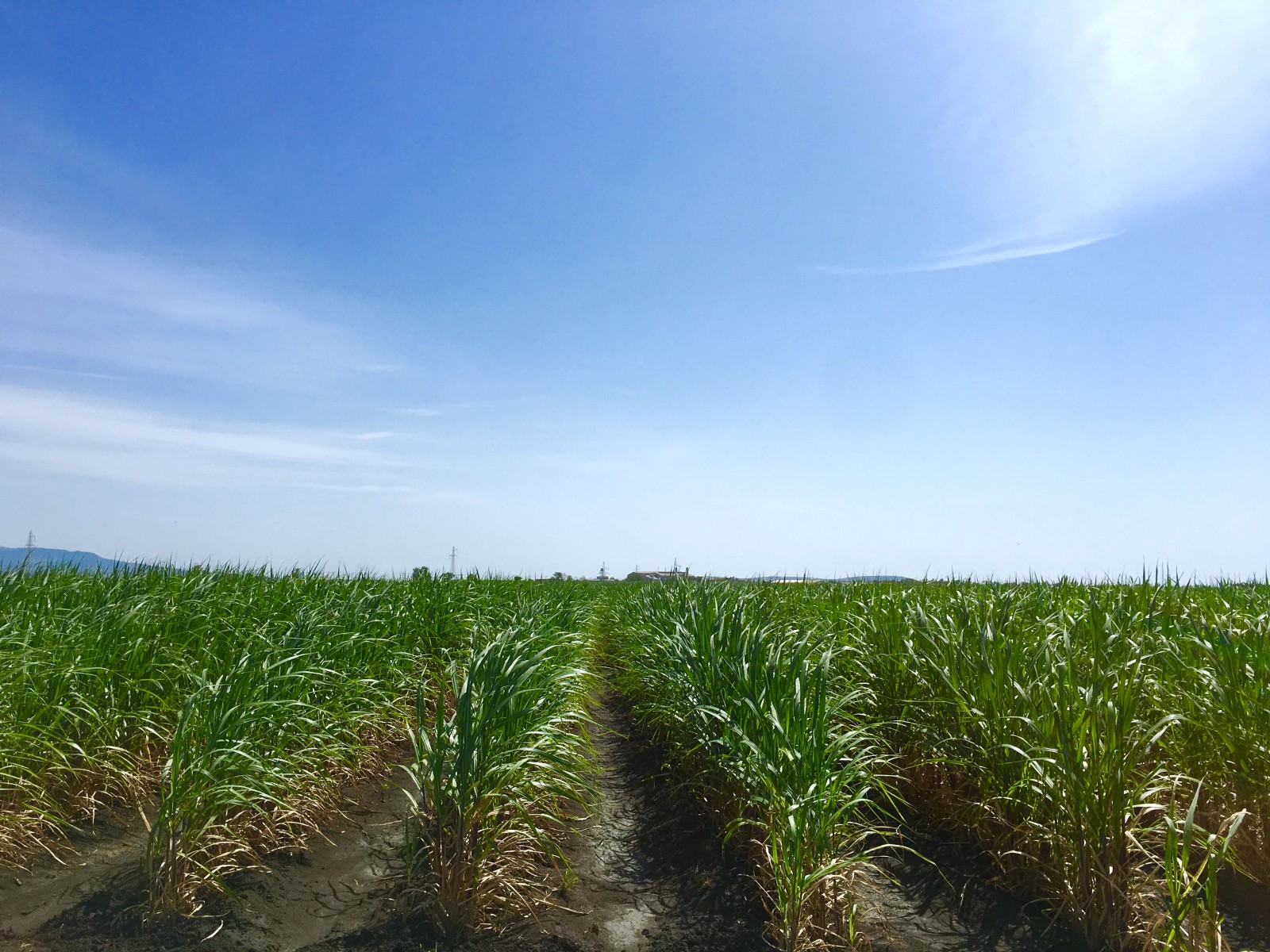ACCEPTANCE SPEECH BY PAUL USORO, SAN FCIArb, PRESIDENT OF THE NIGERIAN BAR ASSOCIATION AT THE INAUGURATION OF THE NBA 2018 ELECTED MEMBERS’ EXECUTIVE
Protocols
I am truly humbled standing before you today as the 29th President of the Nigerian Bar Association, the pre-eminent professional association in Nigeria and the largest and most vibrant Bar Association in Africa. If I was told when I was admitted into the University of Ife in 1977 to read English Language (before switching over to the Law Faculty in 1978) that I would attain this height, even I would have been most sceptical notwithstanding the inexplicable and record-breaking successes that I had attained as at then. But then, as all who are remotely familiar with my life history and story would confirm, mine has been a special tapestry woven by God the Almighty Himself. I’m reminded by friends and relatives quite often that I am God’s covenant child and special project right from birth. My ascendance to the Presidency of the NBA is testimony to this fact and proof positive that the Almighty continues to watch over me, continues to order my steps, continues to protect and is not at all done with me. I glorify Him, return all thanks to Him and dedicate my ascendance to the NBA Presidency to Him.
God however used human beings – and plenty of them – to make today possible. None occupies as special a place as my childhood sweetheart, the wife of my youth and my best friend, Mfon. In general terms, Mfon completes me. In the specific context of my ascendancy to the Presidency of the NBA, she occupies a special and unique place. I’m not sure even I worked as hard as she did in making today possible. Yes, I was the face of the campaign and, yes, I was the one who travelled those long distances and traversed the whole country to campaign and convince you, my dear colleagues, of my suitability for election as the President of the Nigerian Bar, but Mfon, at all times, remained the engine room of the campaign. Not a few have commented on her energy and ubiquitous nature all through the campaigns and up to the night leading to the declaration of the election results. She was everywhere and on all the WhatsApp platforms of the various groups that campaigned for me, pushing, cajoling, encouraging, motivating, playing, laughing and, when necessary, empathising with all the coordinators of my campaigns
countrywide, particularly, in those moments when some of them were exasperated by my non-communication caused by campaign pressures. She was there, not only for me, but for all our supporters and my campaign organisation; her organizational skills and verve remained unparalleled. She had two great and wonderful assistants, our daughter and son, Eno and Paul; these two contributed great ideas, art works and designs for the preparation of our campaign materials. I can’t thank the three of them and in particular, Mfon, enough. I truly cannot ask for a better family or a set of companions and friends than these three. I pray that God will continually bless and keep them for me.
If I had to list all my friends and colleagues all over the country who worked tirelessly, day and night, to make our victory at the polls possible, we would perhaps not complete these ceremonies today. I must however illustratively (and definitely, not exhaustively) mention the Kekemekes, Davids, Limans, Glorias, Safiyas, Temples, Martins, Cordelias, Thannis, Ibros, Ogagas, Victors, Seyis, Lilians, Aminus, Tessys, Nwakwentas, UFOs, DOCs, IBBs, Uches, Idakas, Tolanis, Hafsats, Aishatus, Inimfons, Emems, Blind Bats, Fatimas, Sominas, Obadinas, Nassarawas, Sarahs, all my brothers in Ilorin, my Bauchi, Jalingo, Yola, Kaduna and Gombe families and others too numerous to mention. Special mention must be made of My Dad, Alhaji Abdullahi Ibrahim, SAN, CON and the family that he created and bequeathed to us (which includes family members like Funke, Nnamonso, Tunji, Rotimi and Olabisi, all SANs), Kanu Agabi, CON, SAN (our Leader in Cross River and Akwa Ibom State), DDD, Ete Offiong, Garun-Gabbas (who, with the consent of his Governor, abandoned his Attorney-General’s position in Jigawa State and followed me on my several campaign trips to the nooks and crannies of Nigeria), my Alternate, Oladoja (as I fondly call him), my dearest sister, Nella and her husband and my in-law, Lawal-Rabana, Uwemedimo Nwoko, my Akwa Ibom State Attorney-General and Commissioner for Justice, and his Cross River State counterpart, Joe Abang. Indeed, a number of Attorneys-General believed in and fought our cause in their various States – Bauchi, Taraba, Yobe, Adamawa, Borno, Osun, Lagos – and so did most Law Officers all over Nigeria.
I must also pay special tribute to the Chairmen of the NBA Branches in Lagos State – all 5 of them and in particular, my Lagos Branch Chairman, Chukwuka, his Vice, Bolatumi and his entire executive – as well as the 4 and 3 respective NBA Branches in Akwa Ibom and Cross River States. How can I possibly forget my friends, Justice Chukwu, Bada Emmanuel, Mubin, Salami and Babatunde, all living with disabilities.
but such great and able-bodied enthusiasts of our cause? These gentlemen remind me every day that disability is not necessarily a handicap to success; there are too many able-bodied persons who have not and may never attain the heights of these gentlemen because they do not have the fighting spirit and grit of these gentlemen. Indeed, these gentlemen remind me every day of my pledge to work for and develop a truly inclusive Bar where we truly could and would have standing room for all without regard to gender, physical disabilities, religion and/or tribe. In summary, my success at the polls was not just a victory for me but a victory for all of you and indeed for all of us. Our coalition was perhaps the most pan-Nigerian coalition that fought for the NBA Presidency.
It would be remiss of me not to acknowledge the significant role of some Bar Leaders and Elders and Past Chairmen of the NBA, notably Asiwaju Adegboyega Awomolo, SAN, Chief Felix Fagbohungbe, SAN, Chief Wole Olanipekun, SAN, Chief Bayo Ojo, CON SAN and Austin Alegeh, SAN, my elder brother, George Etomi, my beloved brother, Prof Konyinsola Ajayi, SAN and others too numerous to mention. You all demonstrated complete faith and belief in me and campaigned vigorously for me up to even expending your personal resources and goodwill for my cause. I thank you all from the bottom of my heart and pray for God’s continuous blessings for you and your families.
I must also thank the Electoral Committee of the NBA (ECNBA) as well as the outgone Abubakar Balarabe Mahmoud, SAN’s executive and administration for their conduct of the Elections in a free and fair manner. We truly couldn’t have asked for a better set of men and woman with integrity than the Yadudu-led ECNBA. Yes, the Elections had their fair share of hitches and glitches, but no one can fault the good intentions and character of the ECNBA members. In truth, the Elections met the standard of substantial compliance and I must particularly commend the ECNBA for being constantly available at all times to aid and support all the candidates and to address our respective concerns and issues. I must not fail to pay special tribute to my cocontestants for the office of the NBA President, Prof Ernest Ojukwu, SAN and Chief Arthur Obi Okafor, SAN. The participation of the three of us in the race greatly enriched the contest and brought out the best in us. This was a very keenly contested race and any one of us could have ended up, fittingly, as the President of the NBA. In truth and as I mentioned in my e-mail to Prof Ojukwu and Chief Okafor, all three of us won in this Election and there was no loser. All three of us are eminent sons of the NBA Eastern Zone and should work together to showcase the unparalleled capabilities and innate.
strength of the NBA Eastern Zone. I have already reached out to both of them with an invitation for them to join hands with me in working for the elevation and growth of the NBA and I shall persist, undeterred, in this endeavour until success, by God’s Grace, is achieved. The Task Ahead – NBA
I come into office as the 29th President of the NBA at a time that the Association is riven with and by acrimonious divisions of all sorts not to mention serious scepticism and distrust of the NBA leadership by our members. Those divisions and rifts did not start with the last Elections; they were simply exacerbated and made worse by these Elections. It is critical and urgent that we bind, heal wounds and restore unity in our House of Lawyers. We are strong only when united and together. Divided, we’re vulnerable and subject to external and devastating attacks – and these are the dangers we face daily. My immediate task would therefore be to heal these wounds, seal the cracks and unite our family of lawyers. I have already started the process of such integration and healing by extending my hands of fellowship and brotherhood to my cocontestants, Prof Ernest Ojukwu, SAN and Chief Arthur Obi Okafor, SAN. But I will go beyond them in the days ahead. I’ll seek to heal the wounds of the 2016 NBA Elections by reaching out to my very good friend and brother, Chief J K Gadzama, SAN and bring him back into the NBA family. I know that he has plenty to offer to our Association. There are also several of our Bar Elders who have stayed outside the NBA fold for several years now for one reason or the other, mostly out of disenchantment; we’ll actively work to bring them back into the fold and in the process harvest from their rich repertoire of intellectual resources, experiences and wisdom. These healing processes and integration efforts would extend to the NBA Branches where we’ve had drawn-out strives and contentions – incidents that tend to give the lie to and inhibit and erode the brotherhood and friendship in our common salutation as “Learned Friends”.
Turning to the 2018 NBA National Elections, it is common ground amongst everyone that a review of our electoral systems and values is urgently required. In the coming weeks, I’ll constitute a Committee to review and recommend required reforms for and of our electoral processes. Still on our electoral processes, one significant lacuna that came out from the last elections is our lack of electronic data in respect of our members. The most difficult and tortuous of the processes during the elections was the electronic.
capturing of our members’ data and the verification of same. It is rather unfortunate and regrettable that Africa’s pre-eminent Bar Association underwent such pains and pangs as we suffered in the processes of capturing and verifying our membership data. As a matter of urgency, we would set in motion the processes for electronically capturing and preserving our membership data, amongst others, for purposes of preventing a repeat of our very unpleasant data capture and verification experiences in the last Elections. As a complement to the Electoral Review Committee, we’ll also constitute a Constitution Review Committee to look at and recommend required amendments and changes to the NBA Constitution. I qualify this as complementary to the electoral review process because, it is most likely that the review of our electoral processes would necessitate a corresponding amendment of our Constitution. Beyond that, however, most of the reform programs which we committed to during our campaigns, would most certainly require matching amendments of our Constitution.
Talking about reforms, it would be recalled that we campaigned on the platform of required reforms in the running and operations of the NBA. The underpinnings of those reforms, as we pointed out during our campaign, were four key objectives, to wit, reforms that would engender efficiency in the operations of the NBA, rekindle and/or boost the trust and confidence of our members in the Association, create a sustainable institution out of the NBA or strengthen the NBA as an institution and, finally, shore up our moral equity thereby emboldening us to speak out against maladministration and societal ills. The bedrock for these reforms would be the institution of corporate governance in the running and operations of the NBA. Post the Elections, I’ve been asked, and I’ve consistently assured our members that we intend to keep to these our campaign promises and indeed all our campaign commitments. One of such illustrative and auditable reforms on which platform we campaigned is our plan to be financially transparent and accountable in our management of the NBA affairs by, amongst others, preparing and publishing to our members, every quarter, the NBA’s quarterly financial statements – a step that has never been taken – complete with full financial disclosures, which would inform our members on the financial health and status of the NBA. A couple of days ago, I had a meeting with my fellow elected NBA members and they all, without exception, lustily agreed with me for the implementation of this commitment from our first quarter in office. That promise, by God’s Grace, we shall definitely keep
– and this is only illustrative of the several other reforms that we would be initiating in the operations of our Association in the coming days and weeks.
I congratulate the Mahmoud-led administration for the successes of the recently concluded Annual General Conference. The Conference had a rich harvest of intellectual materials and showcased African talents and eminent personalities such as our President and Commander in Chief, President Muhammadu Buhari, GCFR, the Ghanaian President, President Nana Akufo-Addo, our most distinguished colleague and the Vice President of the Federal Republic of Nigeria, HE Prof Yemi Osinbajo, GCON and our most respected Chief Justice of the Federation, His Lordship Walter Onnoghen, GCON. Without intending howsoever to denigrate the astute and formidable endeavours of the Conference organizers and planners, let me assure you, my dear colleagues, that we have listened carefully and attentively to, heard and take to heart your various pleas for improvements in the planning of our future Annual General Conference both in terms of costs and the quality thereof. We commit to work on this and promise that our next AGC would be unparalleled in all respects. Of course, we would be building on the foundations that are already provided by the planners of previous AGCs.
For one, we would commence preparations therefor earlier than usual and would testrun the enhanced use of the Sections and Fora of the NBA as engine-rooms for distilling the programs for the Conference. Not only would this make the conference planning participatory in nature for most of our members who are members of the various committees of the Sections and Fora, it would harvest for us the most topical issues in our professional practise as well as the best speakers thereon seeing as the committees and Fora are modelled after specialised fields and areas of practice. At the macro level, we would be meeting with the executives of these various Sections and Fora to discuss and fashion out ways of improving on their performances and outputs intending as we do to turn these Sections and Fora into our sustainable intellectual powerhouse and as our Continuing Legal Education hubs. As a corollary to this, we would at all times place emphasis on improving the quality of our skills, knowledge and practice through continuing legal education.
That leads me to mentorship, a program which I believe should be for lawyers of all ages, but mostly for young lawyers. Mentorship for young lawyers in particular is a program that is very dear to my heart. In demographic terms, the young lawyers far outnumber the rest of us, older lawyers. These young lawyers, with their boundless energies, constitute the future of our profession and their energies need to be properly, productively and positively channelled. We need to collaborate with and listen to them and we commit to consistently and constantly do these. We commit to institute mentorship programs that would help in moulding them into successful legal practitioners and persons. Their welfare, in truth, is tied intrinsically to the welfare of the rest of us. Without taking care of them, our future and indeed the future of our profession cannot be assured. From a different prism, their compensation package cannot be improved except we protect and expand the legal market for all practitioners and make it possible for all of us to earn decent income. The future and sustainability of our respective firms and practices cannot be assured except we motivate and take care of these young lawyers. These are lessons and facts that are sometimes lost on the rest of us. Continuous education of the older lawyers on these basic facts and principles is therefore required and would be complemented by my executive with the push for the regulation of the Nigerian legal market in a manner that protects and does not howsoever disadvantage or prejudice the interest of Nigerian legal practitioners.
Our various programs, including but not limited to the reform programs, would be anchored by various Committees the details of which we would work out and publish in the coming days and weeks. Ahead of such publication, we would review and where necessary rationalize the existing Committees of the Association. To facilitate such review and rationalisation, it is necessary that I dissolve forthwith the membership of all the existing Committees of the NBA excluding the Sections and such other Committees as I may expressly indicate. I thank all our members who served on these Committees for their unstinting services to the Association and count on their willingness to serve the Association further when called upon to so serve. For the avoidance of doubt, some of the members of these Committees may be called upon to serve on the same or other Committees pursuant to the planned review and rationalization of the Committees and I’m requesting you to please stand ready to provide such services when and if called upon to do so. The Task Ahead – Justice Subsector and Nigeria The lead motif or sine qua non of Bar Association worldwide, with Nigeria not being an exception, is the promotion and protection of the rule of law. In that connection, there are a number of misconceptions and misperceptions that I must necessarily clear, at this juncture. First, Judges and the Courts are not enemies of society simply because they discharge and or acquit persons who are charged before them for criminal conduct. Courts, world over, make decisions based on the facts presented before them and based on applicable principles of law. Courts do not manufacture evidence and do not descend into the arena to prosecute or defend persons charged with criminal conducts. Judges remain impartial arbiters, even in criminal matters and our Nigerian Courts have in the main carried out these functions in a most exemplary manner. It therefore pains us, as lawyers, when the Judiciary is erroneously perceived and characterized as the problem in Nigeria. It pains us when they are vilified and demonized in a manner that would tend to cow and intimidate them. Yes, like any grouping of people, there may be bad eggs amongst our Judges, but that does not call for class demonization of our Judges and Courts. What needs to be done is to fish out those bad eggs amongst them and remove them from the pack – and there are sleuth methods and laid down procedures in this regard. We truly damage our justice administration system when we, public officials and lawyers alike, openly vilify and condemn our entire judiciary and judges – more often than not, without any proven case of infraction. We degrade the rule of law thereby and blackmail our judges and the judiciary.
A corollary and second misconception and misperception is that which characterizes lawyers who defend persons charged with criminal conduct before our courts as criminals themselves or accomplices to the crimes for which their clients are charged, ipso facto. That is entirely incorrect. Persons charged with criminal conducts are not only constitutionally deemed innocent until proven guilty based on court pronouncements, they are entitled to legal representation by Counsel of their choice. This is a basic principle of the rule of law and a constitutionally guaranteed right. It is also a demand of the rule of law that Counsel, once engaged in defence of a client, must prosecute the client’s case to the best of his professional ability and most assiduously. In some instances, such forensic and assiduous defence of clients earns the defendant a discharge and/or acquittal. That is not and cannot be the fault of the Counsel and it should not necessarily be attributed, without proof, to the compromise of the Judge by Counsel. Such an attribution is just as unfair to the Court and Counsel as the attribution of all convictions to the unproved undermining pressures that may be perceived by some to have been placed on the courts by agencies of government. Indeed, both misperceptions do grave injustice to our justice administration and unduly destroy the credibility of our courts and lawyers.
To this end, it is important that lawyers be not class-defamed and treated by our law enforcement agencies as criminals or accomplices to the crimes for which their clients may be charged. It is perhaps this misperception that has resulted in the increasing incidents of assault and battery of our lawyers throughout the length and breadth of our country in the course of their discharge of their professional duties and functions. The NBA is scandalized by and totally condemns, in very strong terms, these unwarranted assaults and battery of our members by law enforcement agencies including but not limited to the Nigerian Prison Service and the Nigeria Police Force. We shall take steps to ensure that these incidents do not recur and in this regard shall meet with the top hierarchies of the various law enforcement agencies to agree on protocols for engaging lawyers and avoiding such ugly incidents of assault and battery of our colleagues in the course of their carrying out their professional duties.
This is not to say that we do not have bad eggs in our midst. We however have a disciplinary machinery for purging ourselves of such bad eggs. Do we need to tweak and make that machinery more efficient? Yes, of course, and this we would do. We would look at measures that need to be introduced in order to make our disciplinary procedures far more responsive and time-sensitive. In truth, the image of the Nigerian lawyer is perhaps at its lowest ebb and this cannot all be attributed to misperception by government and the public. The conduct of some of our members brings bad repute to us. It is critical and important that we purge ourselves and, as a profession, regain the moral high ground that historically stood us out as members of the honourable profession. Our seniors must lead by example and our juniors must emulate and follow the example of our worthy seniors. These are indeed issues that we shall concern ourselves with continuously and constantly with the plan that, well before the end of our tenure, the glory of our profession and legal practitioners shall be truly restored in the eyes of the public.
I must address one more misperception that sometimes colours the actions of the government, its agencies and indeed the larger public and this is the misconception that the NBA is in constant adversarial position with government. Lawyers and their association, the NBA are not adversaries of government but partners with government in the promotion and protection of the rule of law. The NBA’s significant role in that partnership is to serve as the watchdog of society and, in the process, call the government to account. We shall not shirk our responsibilities in that regard. Indeed, our role in that capacity is not much different from the role of financial auditors who highlight the weaknesses in the financial systems of organizations and governments. I do wonder why the financial auditors are not vilified and condemned as enemies of organizations and governments similar to the misperception and mischaracterization of legal auditors, notably, the NBA, as adversaries and/or enemies of governments. Indeed, all governments and organizations need legal auditors like the NBA and it must be remembered that no auditor worth his salt, submits himself to simply being a yesman. The NBA will not be living true to its creed and lead motif if it were to become such a yes-man to any government or its agency. It is, in truth, not in the DNA to be such a yes-man organization.
Rather than crave for yes-men in the NBA, government and its agencies should be craving for collaborative partnership, even if sometimes, adversarial, with the NBA so they could work together in the promotion and protection of the rule of law. And there are indeed so many areas that we could and should collaborate, ranging from the review and/or enactment of our laws and legislation to the prosecution of crimes and criminals (including but not limited to corrupt practices), to the institution of enabling environment for investments and doing business, to law and order in our society, to our electoral processes and elections. Indeed, as we progress towards the 2019 National Elections, there is room for constant and consistent collaboration between government and the NBA with the aim of ensuring the conduct of a free and fair elections.
Such collaboration does not, of course, mean that the NBA would not be critical of government and its agencies when necessary and required. We would at all times be constructively critical of government, and of course, would also commend government when the occasion calls for it. In this regard and as part of giving voice to the voiceless, the NBA would be having monthly press briefings at which event topical national issues would be x-rayed and discussed. This would be our standard way of drawing attention to national issues that border mostly on justice administration and the rule of law as well as other issues of national concern, and issues that affect our members. For the avoidance of doubt, we would at all times highlight these issues in a constructive manner – which is the hallmark of lawyers generally – and, when necessary and fitting, not only criticize government actions but also commend them. Governments must however learn to take both the commendations and criticisms, no matter how biting, in their strides and presume always on the good intentions of their critics, in this instance, the NBA.
Conclusion
My most respected colleagues, distinguished Ladies and Gentlemen, time would not permit me to adumbrate in greater detail on our lofty plans for the NBA, the justice subsector and indeed the larger Nigerian society in our 2-year tenure as custodians of your sacred NBA trust. Please, understand, that the areas I have touched upon in this Address constitute but a capsule of the activities we would be focused on during our stint as the managers of our common heritage, the NBA. Suffice for me to say that we would be building on the solid foundations that our predecessors in office have left in place for us going as far back as our legendary Past President, the late but not forgotten Chief F R A Williams, SAN (God rest him) up to the days of the late fiery and integritysuffused Aka Bashorun (God bless him) as well as our living icon, Judge (Prince) Bola Ajibola (I do not and did not, Sir, take lightly your blessings love and endorsement), up to our more recent Past Presidents, Chief Wole Olanipekun, SAN, Chief Bayo Ojo, SAN, Mrs. Priscilla Kuye, my good friends and brothers Lanke Odogiyon J B Daudu, SAN, Okey Wali, SAN, Austin Alegeh, SAN and of finally, not least, my close friend and brother, Abubakar Balarabe Mahmoud, OON SAN.
AB has not only been passionate about the required reforms for our Association but also worked assiduously at internationalizing our NBA. I have been privy to his efforts at reforms and these constitute the much-needed resource materials for some of the reform programs that we would effect. We would continue to lean on him and his relationships with our international partners and will count at all times on his support and assistance in the course of our navigation of our Association’s journey towards enhanced greatness. In like manner we will continue to lean on and count on the wisdom of all our Past Presidents, Bar Elders and Leaders and indeed, all of you our dear colleagues. We are nothing without you. We can only succeed with your support and assistance. More importantly, we come as your servants; you are our masters and we would at all times listen to and heed your advice. Where or when we think differently, we would patiently explain our viewpoints to you knowing as we do that communication between us clears doubts and pre-empts quarrels and misunderstandings. Transparency and accountability, we assure you, would be our watchwords at all times.
I must finally thank my younger brothers, Aigboje and Herbert, whose consistent support to Mfon and I, well beyond the NBA elections, has always proved invaluable. But then, what are families for? We value you greatly. There is also our mentor and elder brother, Alhaji Aliko Dangote, GCON, to whom we – Mfon, myself and my younger brothers, Aigboje and Herbert – owe a lot. His presence today means a lot to us and we thank you from the bottom of our hearts. There’re of course, my immediate family members who are represented today by my younger brothers, Esedo, Charles Aniedi, Nkereuwem and Ukpong and of course, my wife, Ofonmbuk (Charles’ wife), without whose support I would not be where I am today. I reserve special thanks to my Governor, HE Udom Emmanuel. Our relationship predates his ascendance to the Akwa Ibom State Governorship seat. His support, just like the support of HE Godwin Obaseki – represented today by his Attorney General and Commissioner for Justice, Professor Yinka Omoregbe – whom I had also known and had a close relationship with prior to his assumption of office, has been most outstanding. Mfon and I thank both Excellencies from the bottom of our hearts.
Finally, My Distincguished Colleagues, Ladies and Gentlemen, I welcome you to a New and Most Promising Day in the life of the NBA and thank you for your attendance at today’s event. Long live the Federal Republic of Nigeria. Long live the Nigerian Bar Association.
Paul Usoro, SAN FCIArb President Nigerian Bar Association
